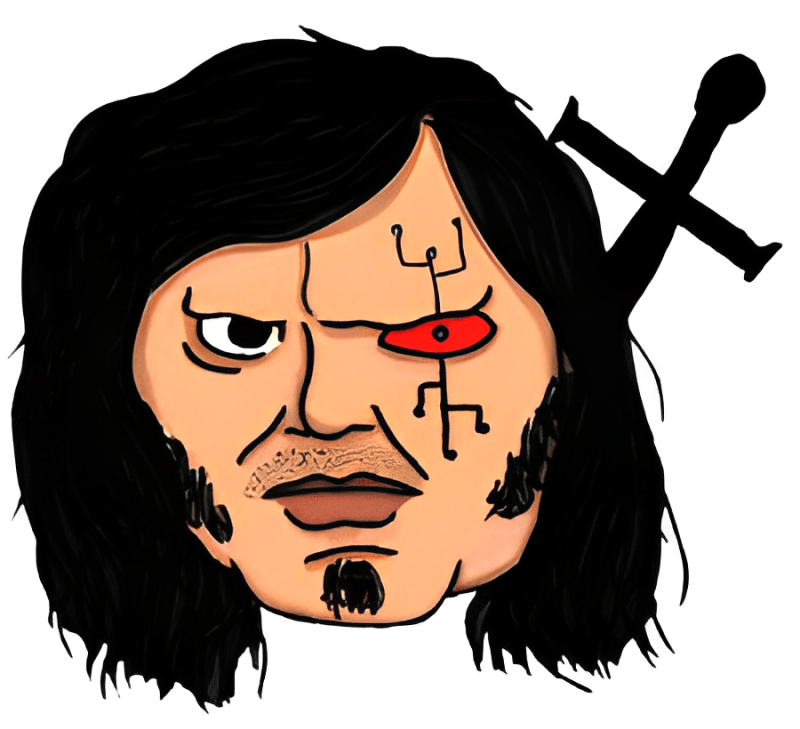Have you ever noticed how society seems to value conformity and political correctness over individualism and autonomy? From a young age, we are taught to follow the norms and rules set by our system and to avoid standing out too much. But why is this the case? In this blog post, we will delve into the reasons behind society’s affinity for conformity and its disdain for individualism, and explore how this dynamic plays out in our daily lives.
Understanding the Appeal of Conformity
In essence, conformity serves as a societal compass, subtly guiding the behaviors and attitudes of individuals. It has a comforting allure as it fosters a predictable environment, diminishing the chaos that unpredictability often ushers in. In a world where everyone adheres to similar behavioral patterns, life becomes less of a guessing game, enabling society to function seamlessly like a bee hive.
Such predictability becomes a safety net, affirming individuals of their social acceptance and reducing the risk of confrontations or feelings of exclusion. It’s almost like a silent pact we all subconsciously sign, promising to fit into a mold in exchange for a sense of belonging and community. This perceived sense of safety and communal acceptance perhaps explain why, despite its potential to limit individual expression, conformity often enjoys an unchallenged status as the societal standard.
The Lure of Political Correctness
Political correctness is often viewed as a derivative of conformity. It acts as a social lubricant, promoting cohesion and acceptance by discouraging expressions that could potentially offend or marginalize individuals based on their race, gender, religion, or affiliation to various social groups. The charm of political correctness lies in its underlying principle of “equality”, it ensures that “everyone” feels acknowledged, validated, and respected. This principle contributes to creating a more “inclusive” society where everyone has a voice, and nobody feels overlooked, (unless you speak out against it.)
The Fear of Individualism
In the grand tapestry of human society, individualism, the act of placing personal needs and aspirations above the collective’s expectations, is often met with a stiff arm of resistance. There’s a certain boldness inherent in individualism. It urges individuals to push boundaries, question prevailing norms, and leap into the unknown, all of which can bring forth an element of unpredictability and turmoil. It is this fear of the unfamiliar and disruption of the established order that typically creates a sense of unease about individualism.
In many ways, individualism is seen as a direct affront to the status quo. It doesn’t just propose change; it insists on it. It challenges long-held beliefs and conventions, triggering a ripple of discomfort among those who find solace in the predictability of established norms. This discomfort often morphs into a societal fear that then manifests as a collective aversion to individualism.
Individualism, with its propensity to stir the pot and usher in change, is often considered a threat to the cozy predictability that conformity offers. This underlying fear can eclipse the realization that individualism is also a catalyst for progress, an essential element for societal evolution. The counterintuitive fear of individualism, thus, remains a complex facet of societal dynamics, one that often colors perceptions and influences attitudes towards those daring enough to walk their own path.

> Check Current Book Prices <
Autonomy – A Perceived Threat to Social Order
Autonomy, the freedom to make personal choices independently – can rattle society’s carefully constructed order. It empowers individuals to break the mold, making decisions that might rub against societal expectations, thereby creating a ripple in the tranquil pond of social harmony. It’s like playing an improvised jazz piece in an orchestra strictly adhering to the symphony’s composed notes, some might appreciate the improvisation, but others may view it as a disturbing discord.
This perceived autonomy, induced disruption often leads society to view it more as a menace than a virtue. Even though it’s an essential driving force for personal development and growth, its potential to upend the predictable rhythm of life can make it an unwelcome guest in the eyes of a society that cherishes conformity.
Autonomous individuals dare to color outside the lines, challenging established norms and protocols, making society squirm in discomfort. This discomfort often arises from the fear of losing control and the potential upheaval that could ensue. It’s like a game of Jenga, one autonomous move can lead to the entire structure collapsing.
However, it’s worth noting that this discomfort stems from an instinctive fear of change and the unknown, rather than any inherent danger posed by autonomy itself. To embrace progress, society needs to understand that a certain degree of disruption is not just necessary, but desirable for change and growth. Autonomy shouldn’t be perceived as a threat, but as a tool for positive transformation.

The Paradox of Conformity and Individualism
In the theater of life, conformity and individualism play intriguing yet contradicting roles. On one hand, society has a predilection for the familiar, predictable nature of conformity. Yet, ironically, it extols the fruits of individualism, the breakthroughs, innovations, and creative genius that propel us forward. This strange duality forms the heart of the paradox between conformity and individualism.
Imagine society as a vast, well-orchestrated symphony. Every instrument plays a part, conforming to a grand, predetermined score. There’s comfort in this harmony, in knowing what note comes next. But consider what happens when a single violinist veers from the script, introducing a new melody. It’s disruptive, yes, but it also has the potential to introduce a refreshing new element into the performance, transforming the symphony in unexpected, exciting ways.
Yet, society resists this deviation, often meting out punishments for straying from the established norm. We yearn for the groundbreaking masterpiece, the song that shifts paradigms, yet we fear the off-key notes that might come during its creation. This inherent conflict forms the paradoxical relationship between conformity and individualism. Society craves the fruits of individuality, yet it fears the process of disruption and change that accompanies it.
Societal Pressures and the Dilemma of Nonconformity
Navigating the sea of societal pressures is a daunting task for those who dare to think differently. The silent, yet pervasive demand to blend in creates a unique conundrum for nonconformists. Straying from the accepted path comes with a cost like being singled out, facing mockery, or enduring isolation. This looming threat acts as an invisible leash, stifling the expression of original ideas, creativity, and personal adaptation.
However, it’s critical to remember that trailblazers have always encountered resistance before they lead us towards progress. History is replete with stories of individuals who defied societal expectations and dared to be different. They faced criticism and backlash, but their courage to stand by their unique ideas brought forth advancements that reshaped our realm. This predicament of nonconformity might seem intimidating, but it’s often a stepping stone towards transformative change.
Embracing our individuality and asserting our uniqueness is not just an act of personal liberation, it’s a catalyst for societal creativity. The challenge lies in fostering an environment that celebrates the spirit of nonconformity, leading us towards a more individualistic society.






